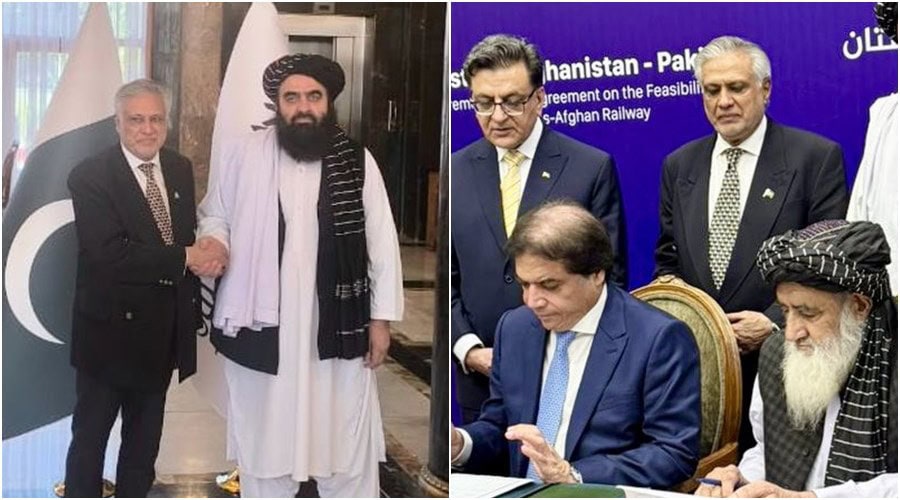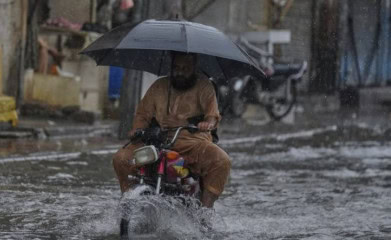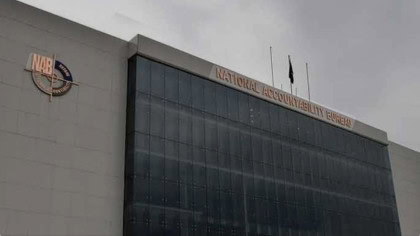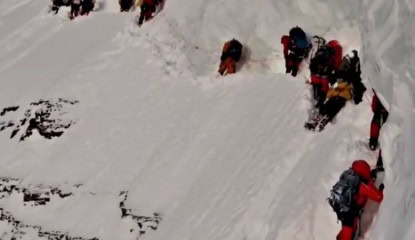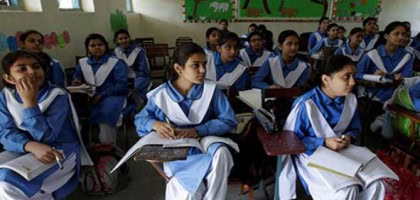KABUL – Another historic day as Pakistan, Uzbekistan, and Afghanistan inked landmark Framework Agreement for joint feasibility study on the Uzbekistan-Afghanistan-Pakistan (UAP) Railway Project, which is critical initiative aimed at enhancing regional connectivity and trade.
The agreement was signed in Afghanistan’s capital Kabul during a high-level visit by Pakistan’s Deputy Prime Minister and Foreign Minister, Ishaq Dar, who was accompanied by Railways Minister Hanif Abbasi and senior officials from the Ministry of Railways.
UAP Railway Project is envisioned to connect Uzbekistan’s city of Termiz with Pakistani seaports via Afghanistan, passing through key Afghan cities such as Mazar-i-Sharif and Logar before entering Pakistan through the Kharlachi border crossing in KP.
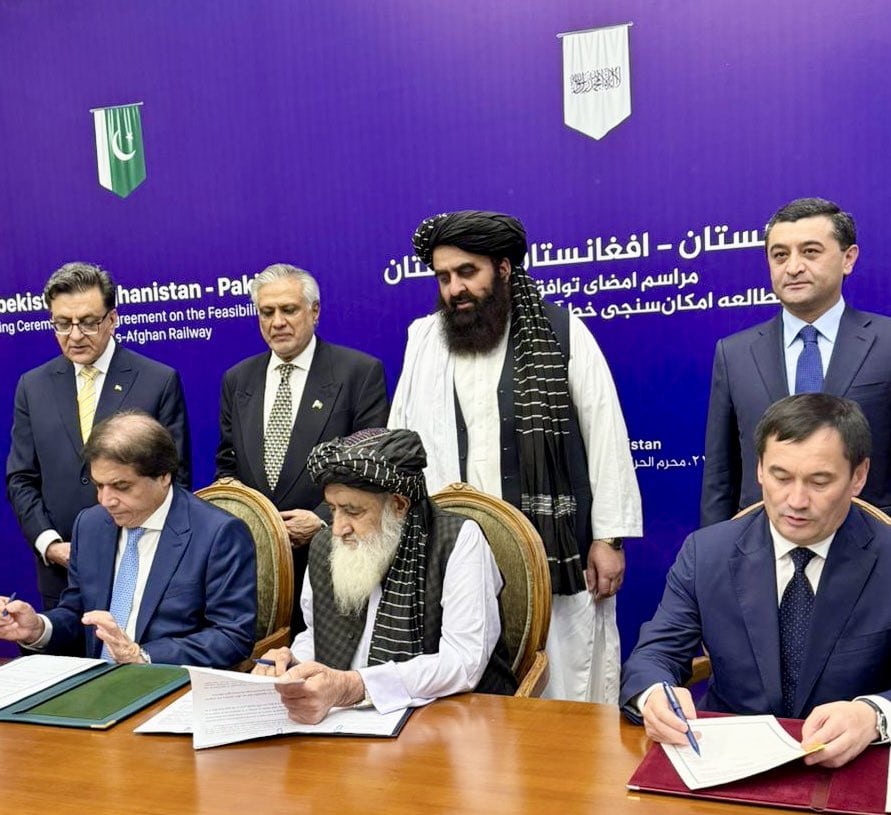
Speaking from Kabul, Dar called the agreement a transformational step for region and praised commitment shown by governments of all three countries, crediting PM Shehbaz Sharif’s leadership for initiating project during Dar’s previous tenure as finance minister.
In a statement, he called this agreement foundation for regional integration and economic growth. UAP Railway Corridor will not only link Central Asia with Pakistani ports but also strengthen bilateral and transit trade in the region.
Pakistani delegation also held talks with Afghanistan’s Acting Foreign Minister Amir Khan Muttaqi as both sides agreed to deepen cooperation in areas such as trade, transit, and security, and emphasised need to maintain momentum on regional connectivity projects.
According to Pakistan’s Foreign Office, the railway corridor is expected to boost regional development and stability by improving infrastructure, increasing trade volumes, and facilitating the movement of goods and people across borders.
In earlier discussions this year, Dar and Uzbek Foreign Minister Bakhtiyor Saidov reaffirmed their commitment to trilateral project. Islamabad and Tashkent formally agreed to start work on the corridor, calling it milestone for economic cooperation across Central and South Asia.

